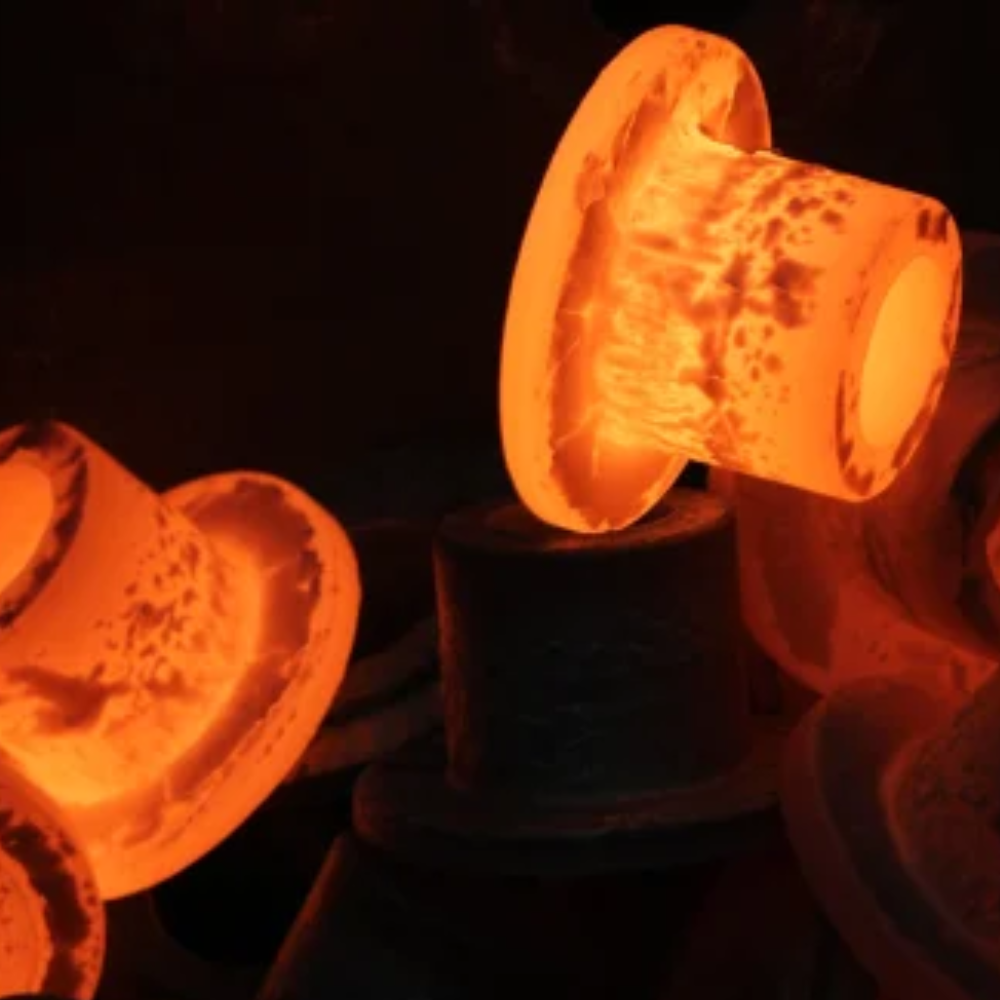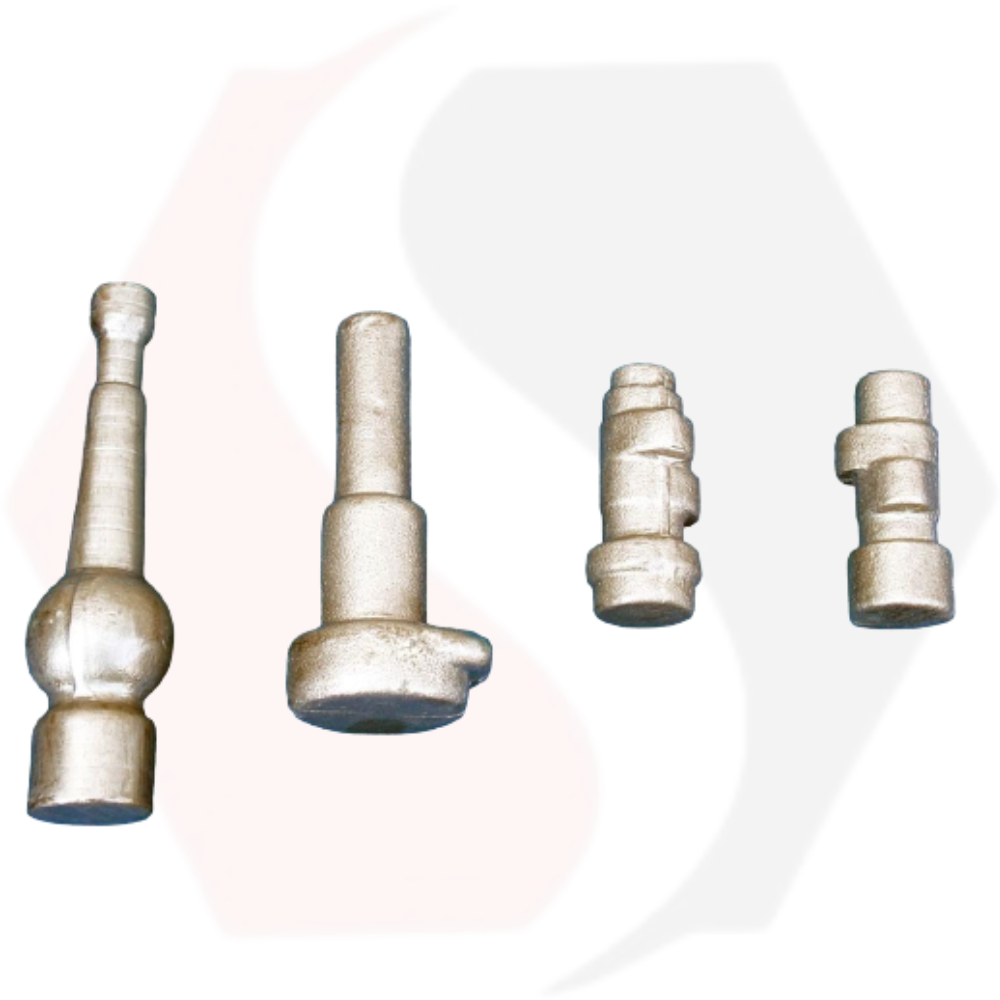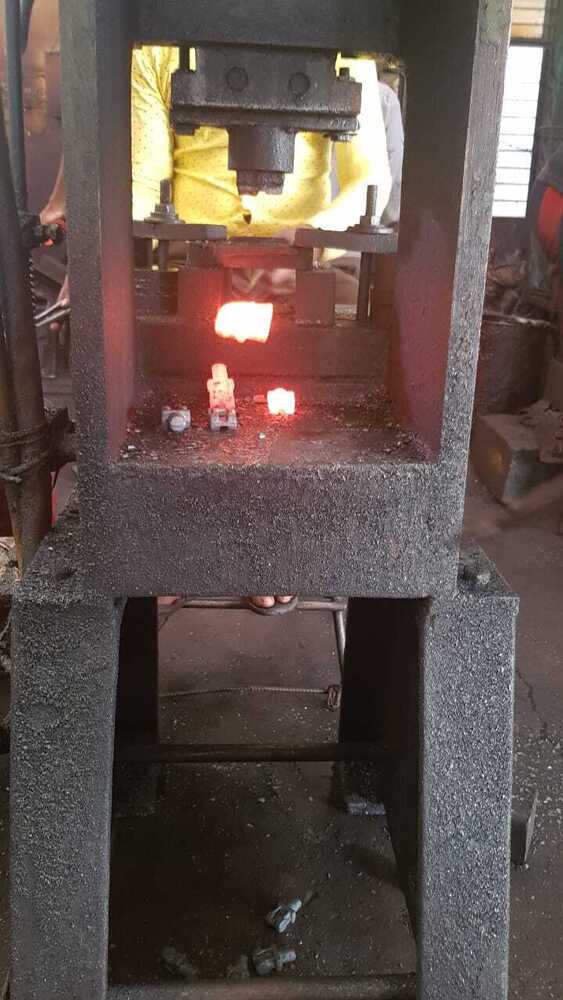Precision Forged Components
Price 45 INR/ Piece
Precision Forged Components Specification
- Surface Treatment
- zinc Plating
- Process
- Forging
- Hardness
- Rigid
- Product Type
- Forged Products
- Material
- Carbon Steel
- Technology
- Forging
- Application
- Auto Parts
- Color
- Silver
Precision Forged Components Trade Information
- Minimum Order Quantity
- 5000 Pieces
- Supply Ability
- 10000 Pieces Per Month
- Delivery Time
- 10 Days
- Main Export Market(s)
- Asia
- Main Domestic Market
- All India
- Certifications
- ISO 9001
About Precision Forged Components
Precision Forged Components are high-strength, high-performance parts manufactured using advanced forging techniques that deliver exceptional dimensional accuracy, structural integrity, and surface finish. Commonly used in automotive, aerospace, defense, and industrial applications, these components are engineered to meet stringent specifications for load-bearing, fatigue resistance, and durability. Precision forging minimizes material waste and eliminates the need for extensive machining, resulting in cost-effective, reliable, and high-quality parts.
Keywords :
* Precision forged components
* Forged metal parts
* High-precision forging
* Closed die forging components
* Custom forged parts
* Aerospace forging solutions
* Automotive forged components
* High-strength forged parts
* Precision metal forging
* Net shape forging
* Industrial forged components
* Forged steel components
* Hot forging process
* Cold forged parts
* Forging manufacturers
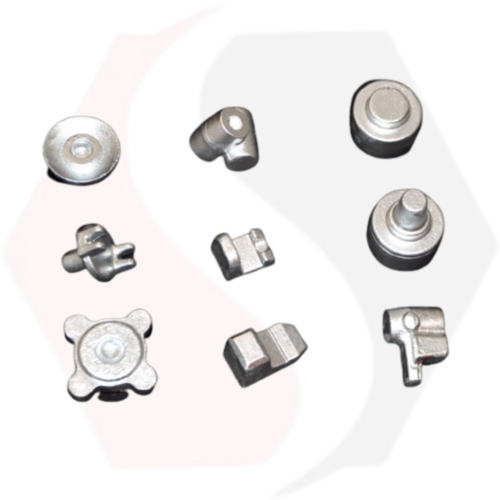
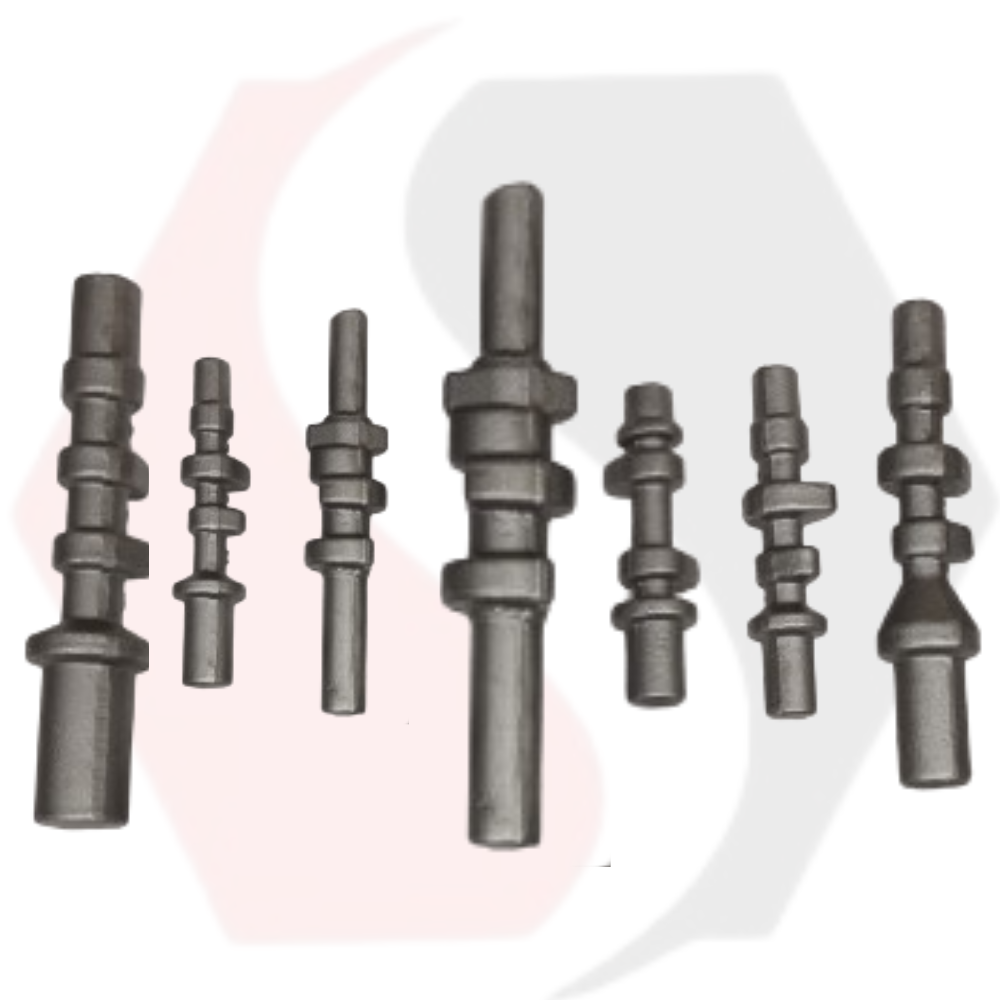
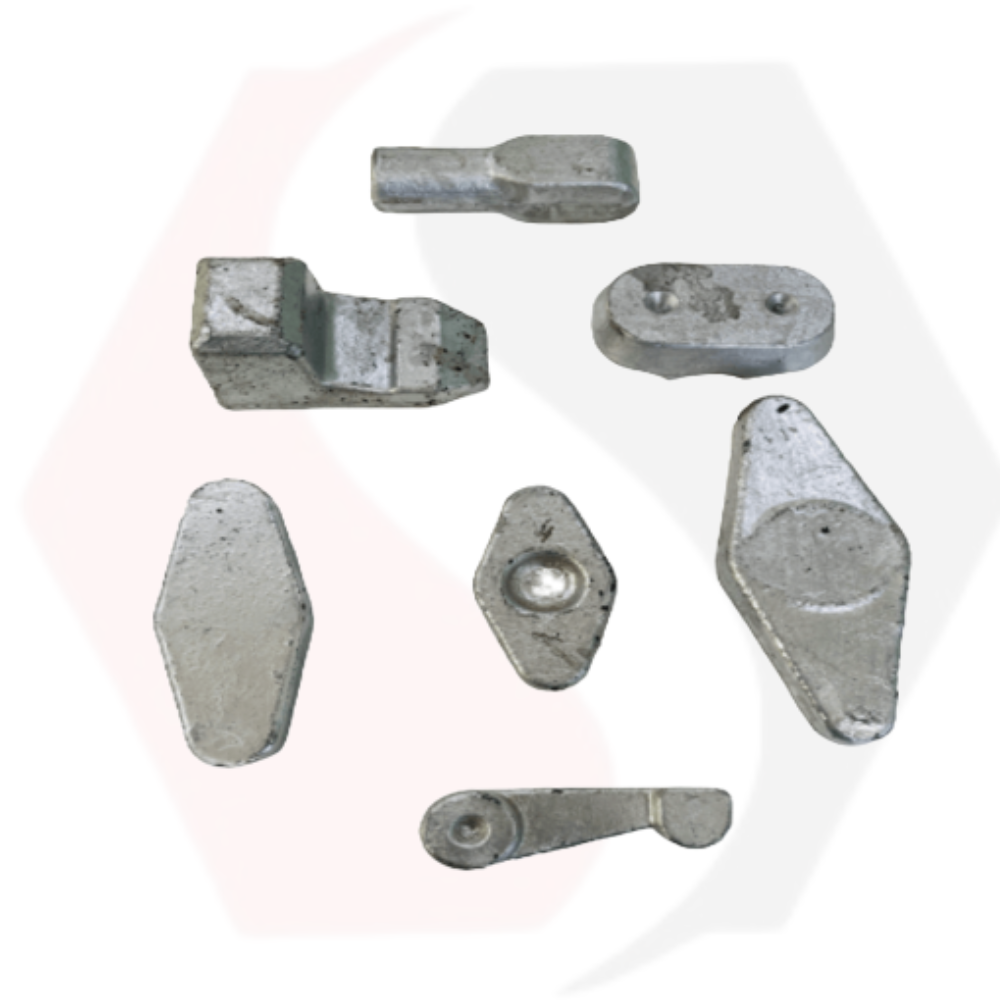
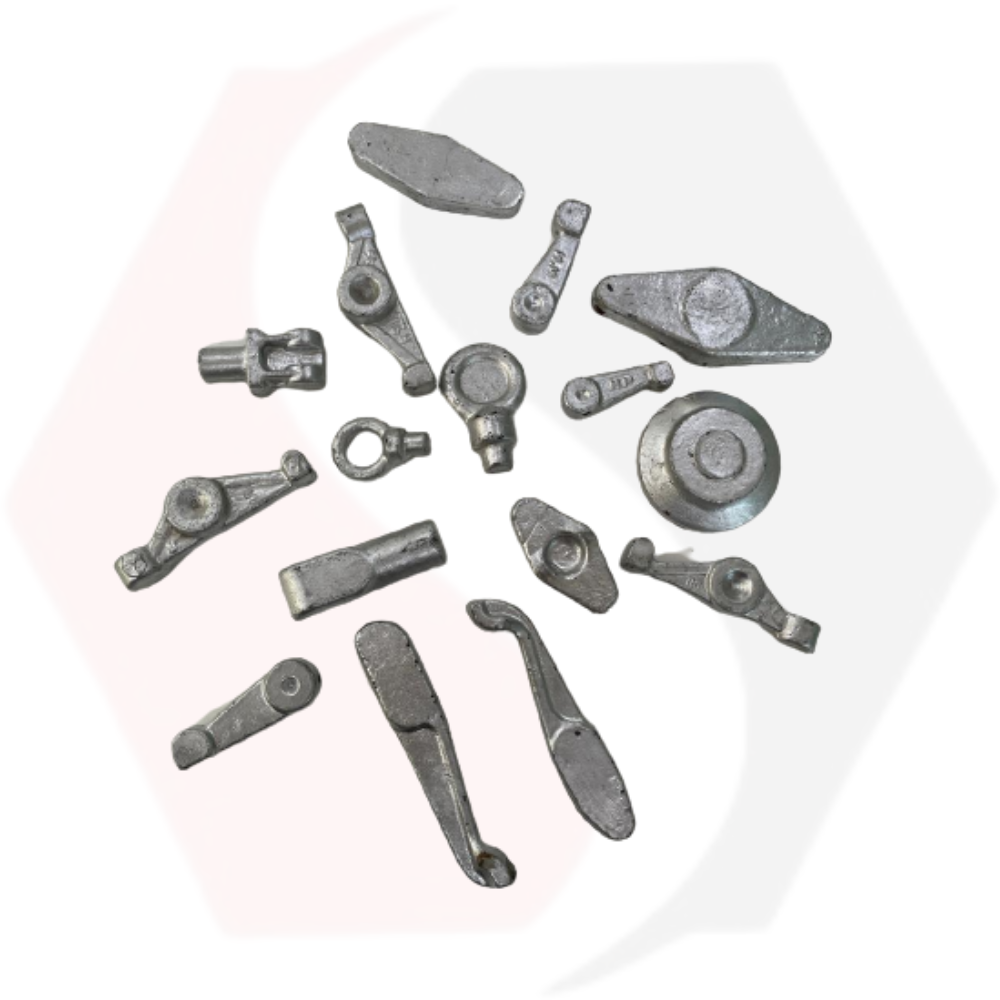
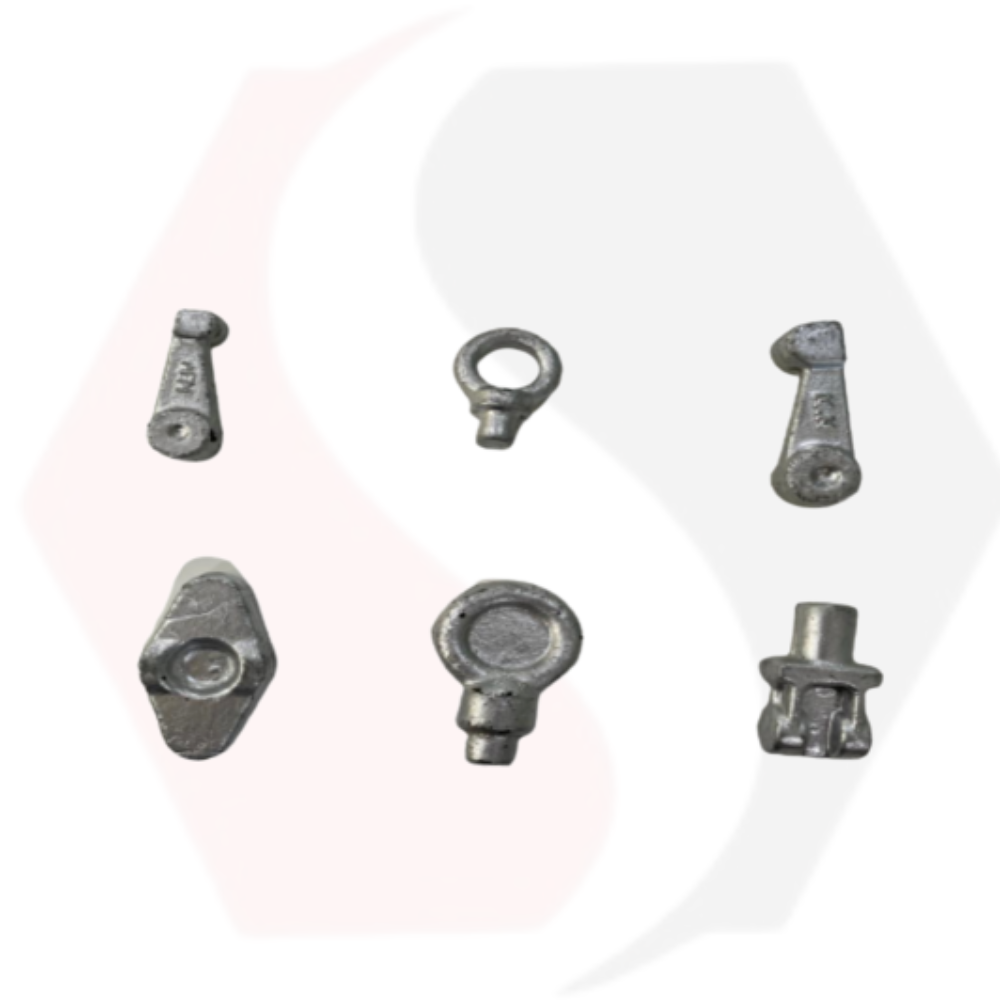
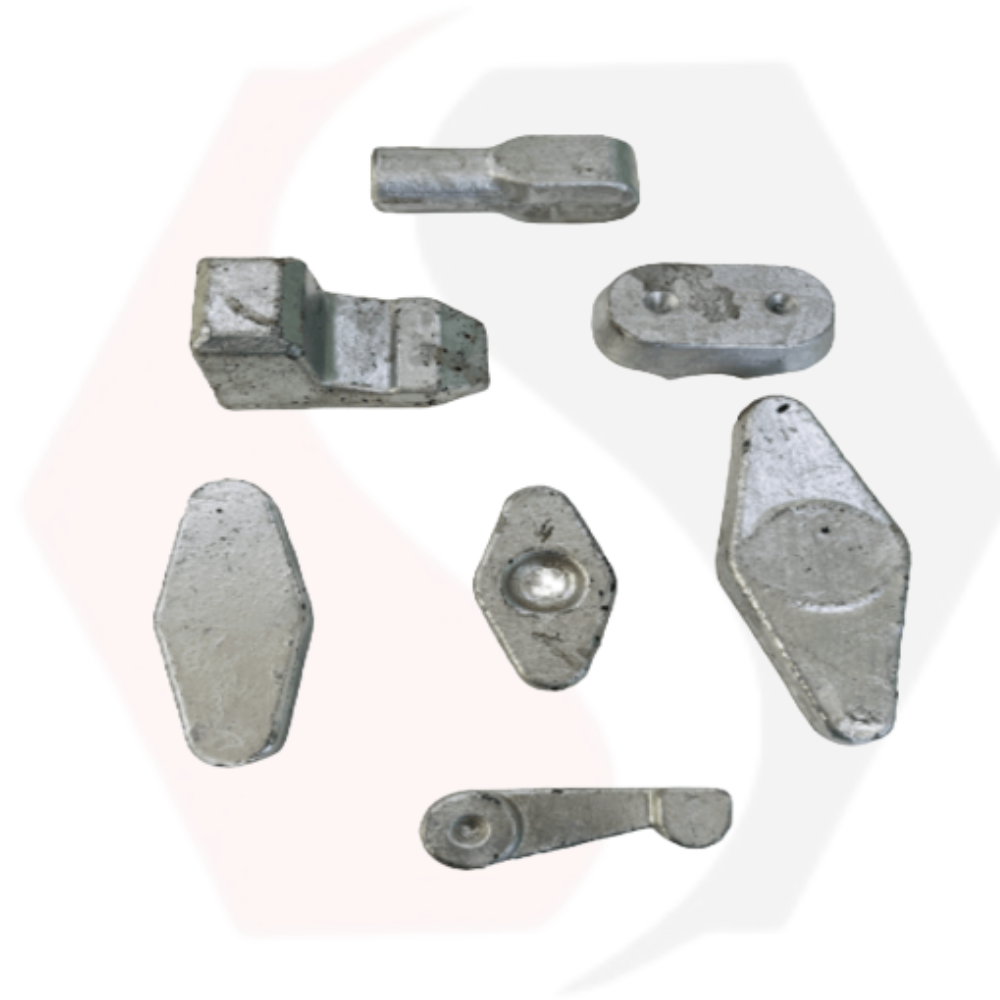
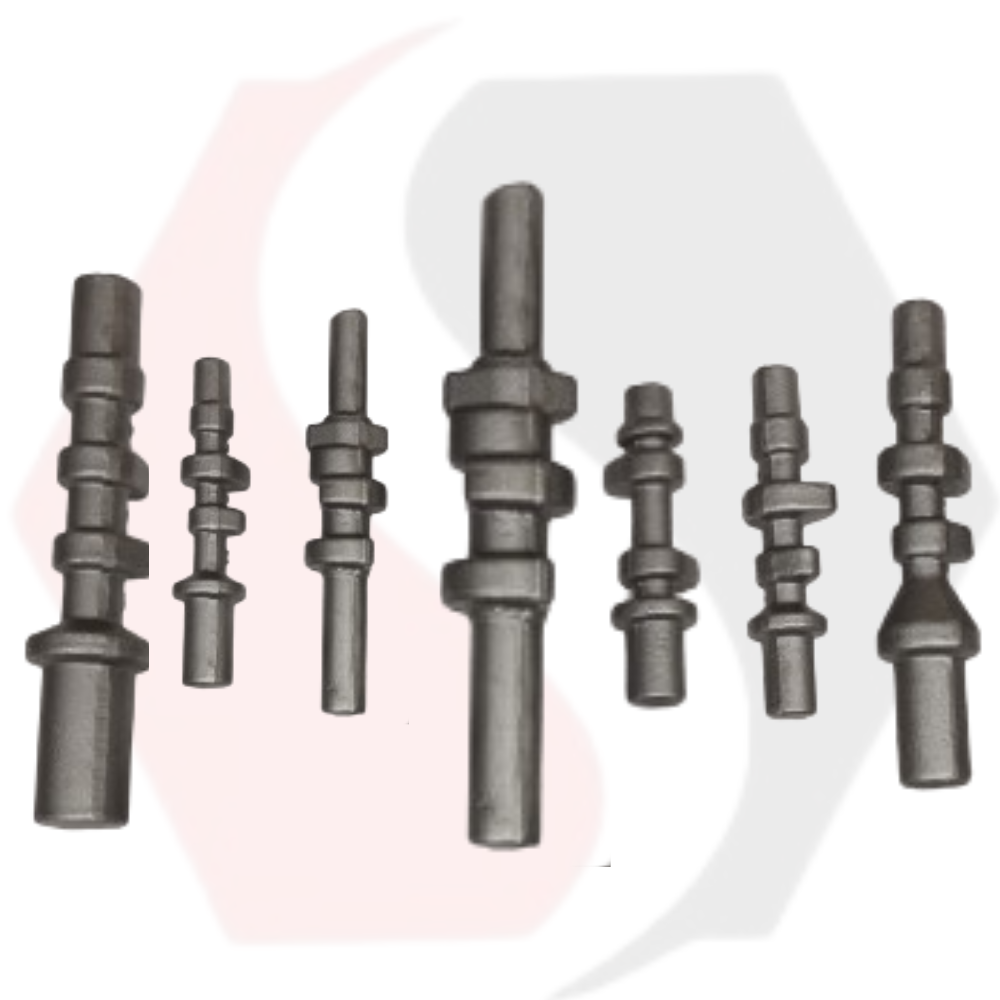
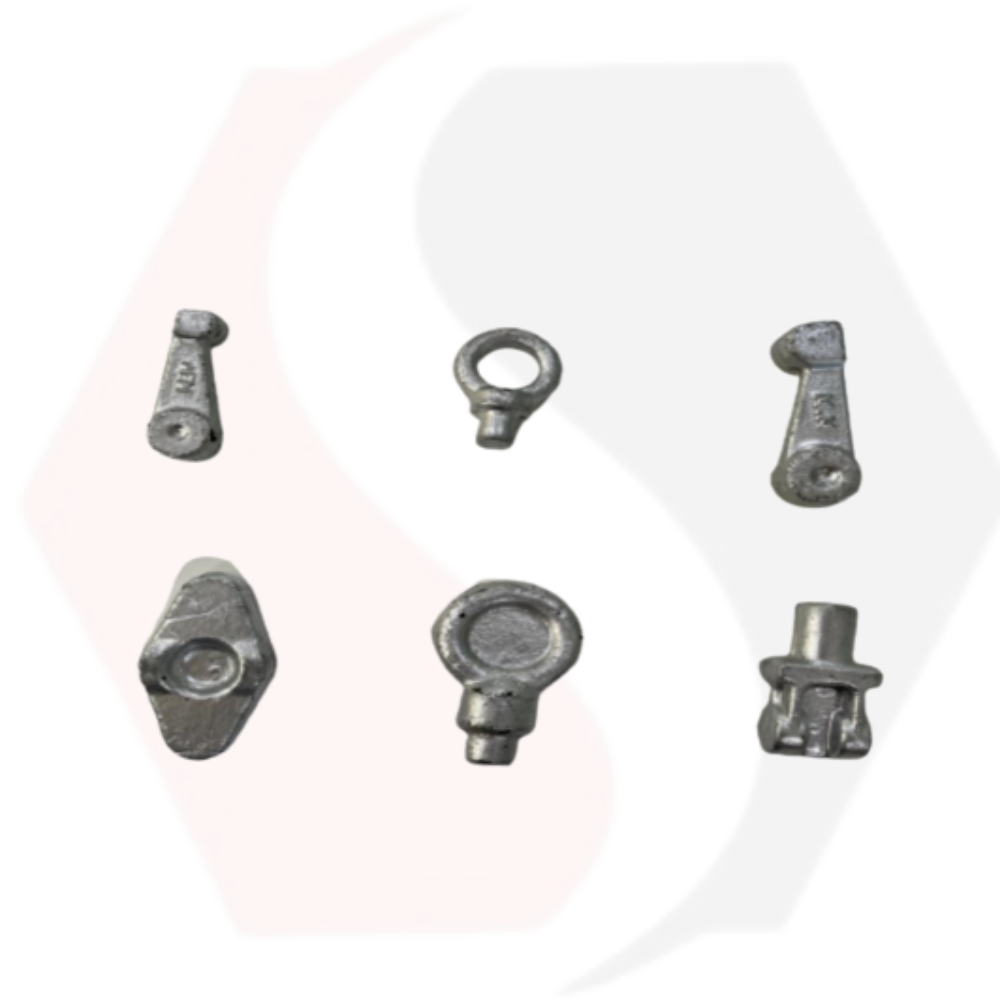
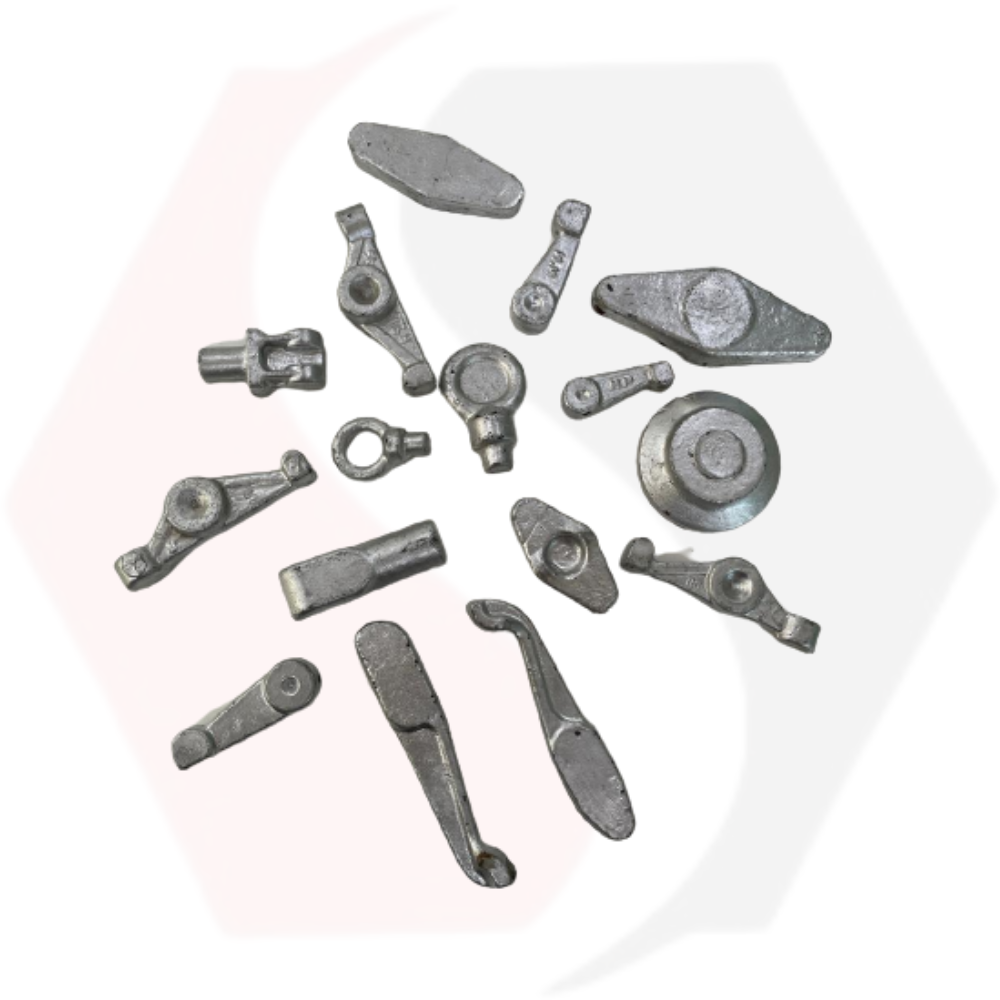
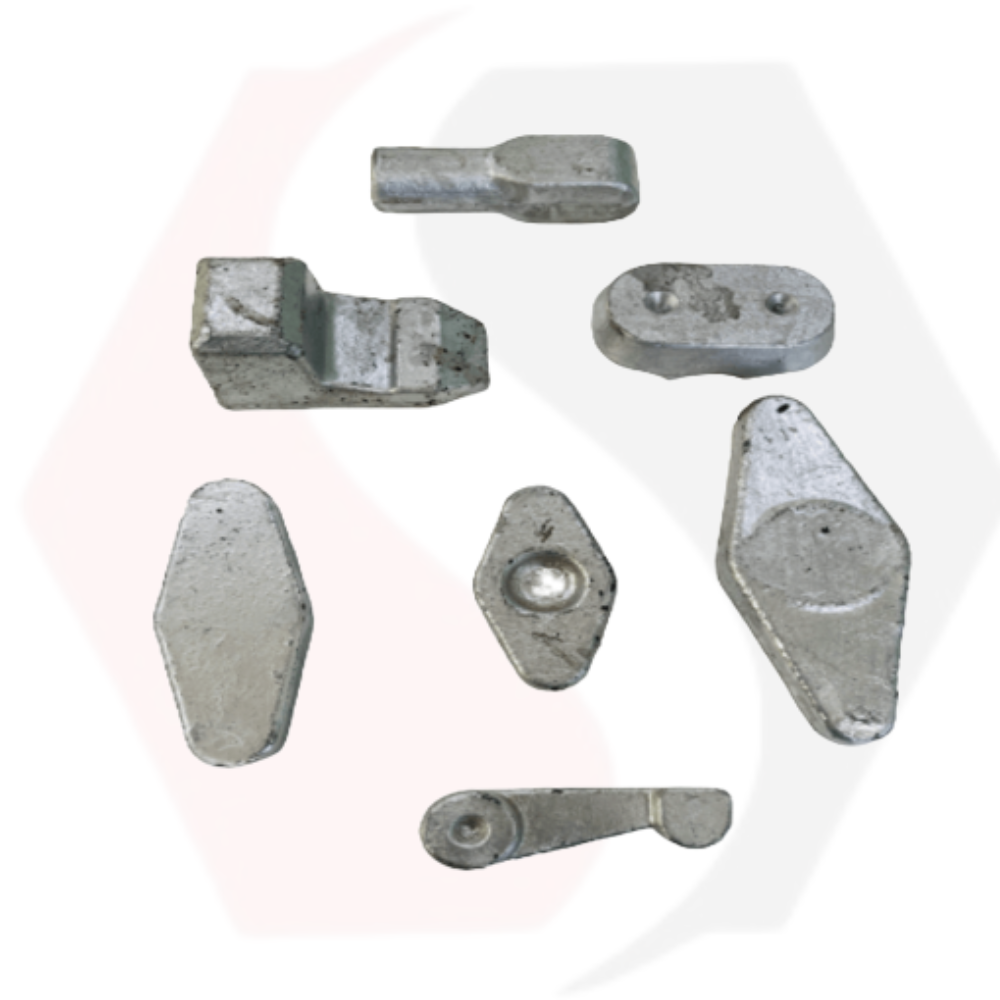
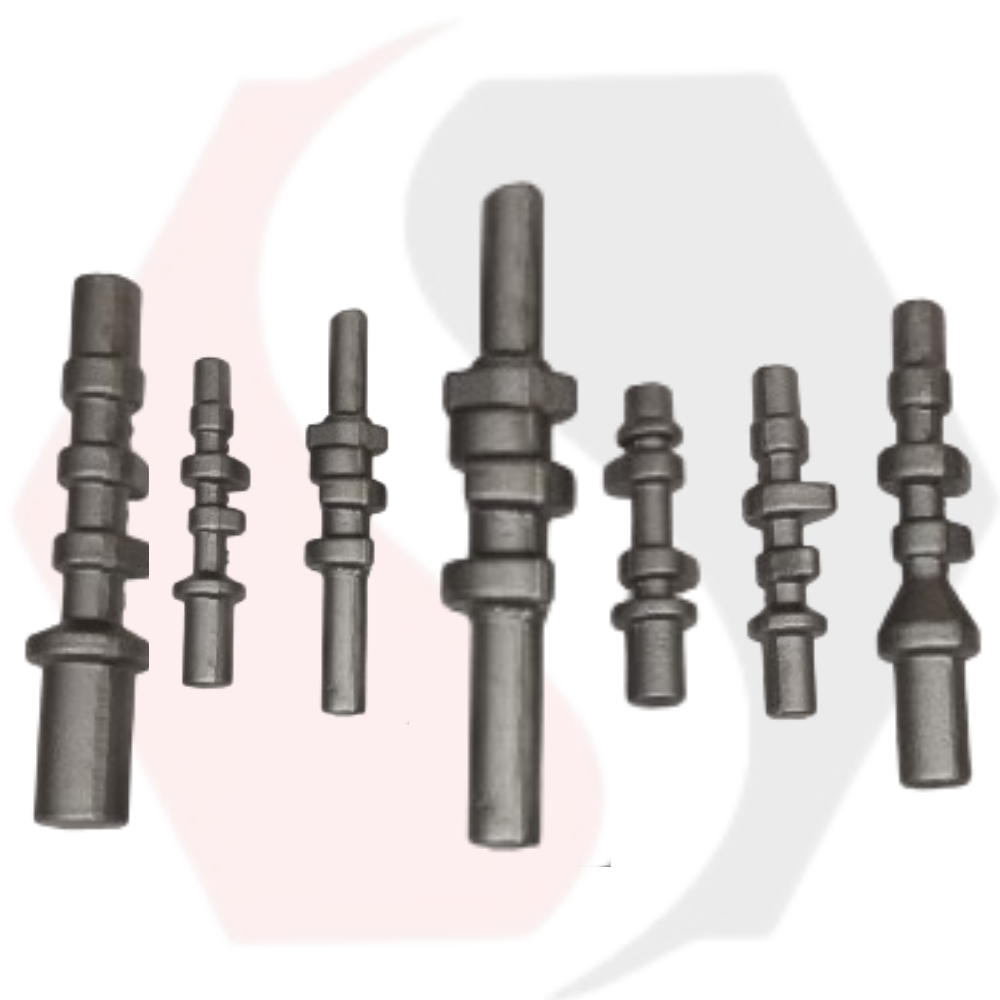
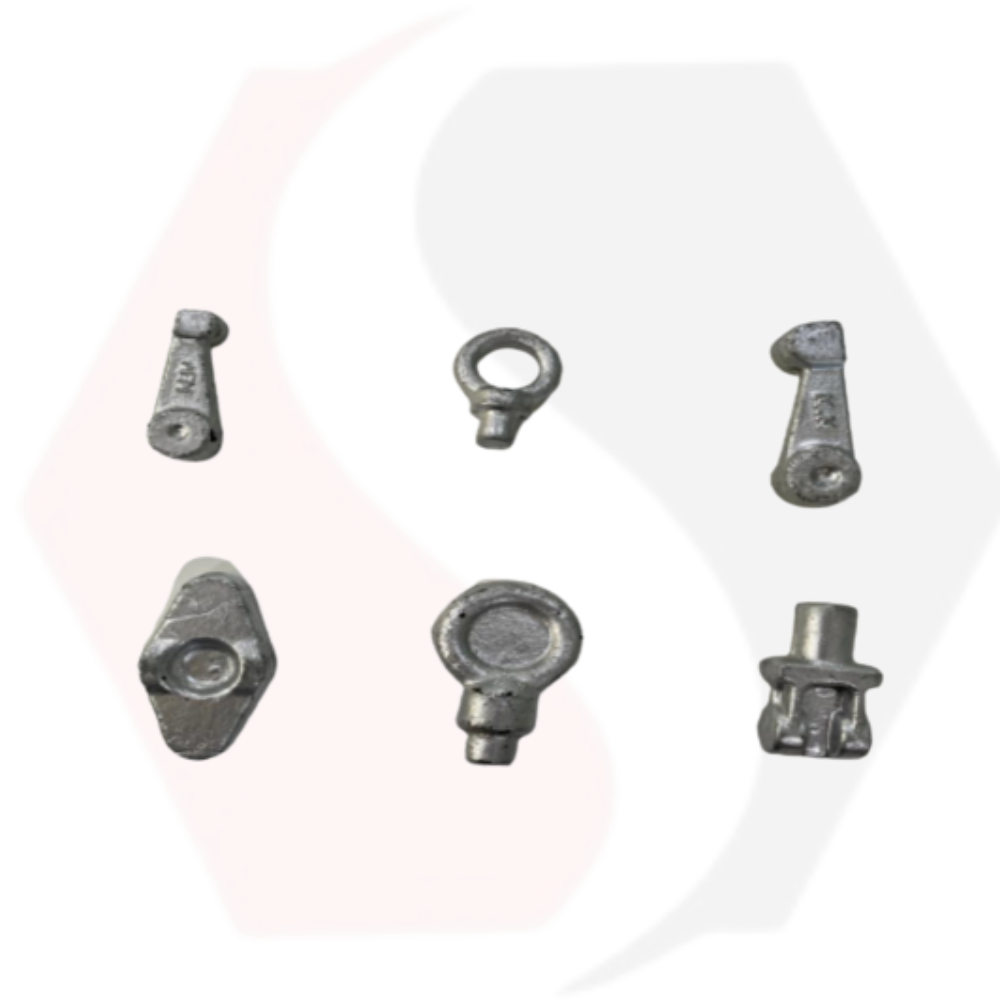
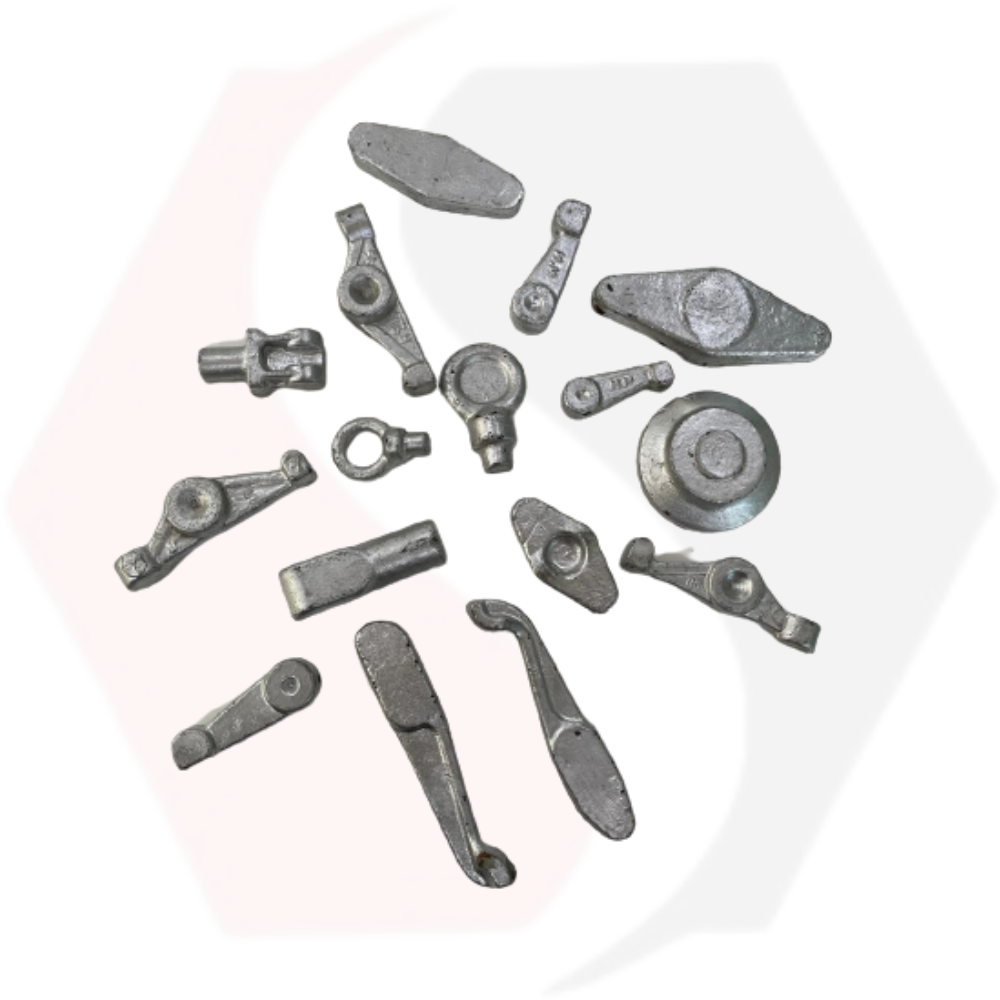

Price:
- 50
- 100
- 200
- 250
- 500
- 1000+
More Products in Forging Component Category
Hot Forging Components from India
Price 20 INR / Piece
Minimum Order Quantity : 5000 Pieces
Process : Hot Forging
Material : Steel
Product Type : Forged Products
Technology : Forging
Heavy Machinery Forged Shafts
Price 90 INR / Piece
Minimum Order Quantity : 5000 Pieces
Process : Hot Forging
Material : Other
Product Type : Forged Products
Technology : Forging
Closed Die Forging
Price 100 INR / Piece
Minimum Order Quantity : 5000 Pieces
Process : Hot Forging
Material : Zinc
Product Type : Forged Products
Technology : Forging
Forged Mounting Brackets
Price 35 INR / Piece
Minimum Order Quantity : 5000 Pieces
Process : Hot Forging
Material : Other
Product Type : Forged Products
Technology : Forging

 Send Inquiry
Send Inquiry
